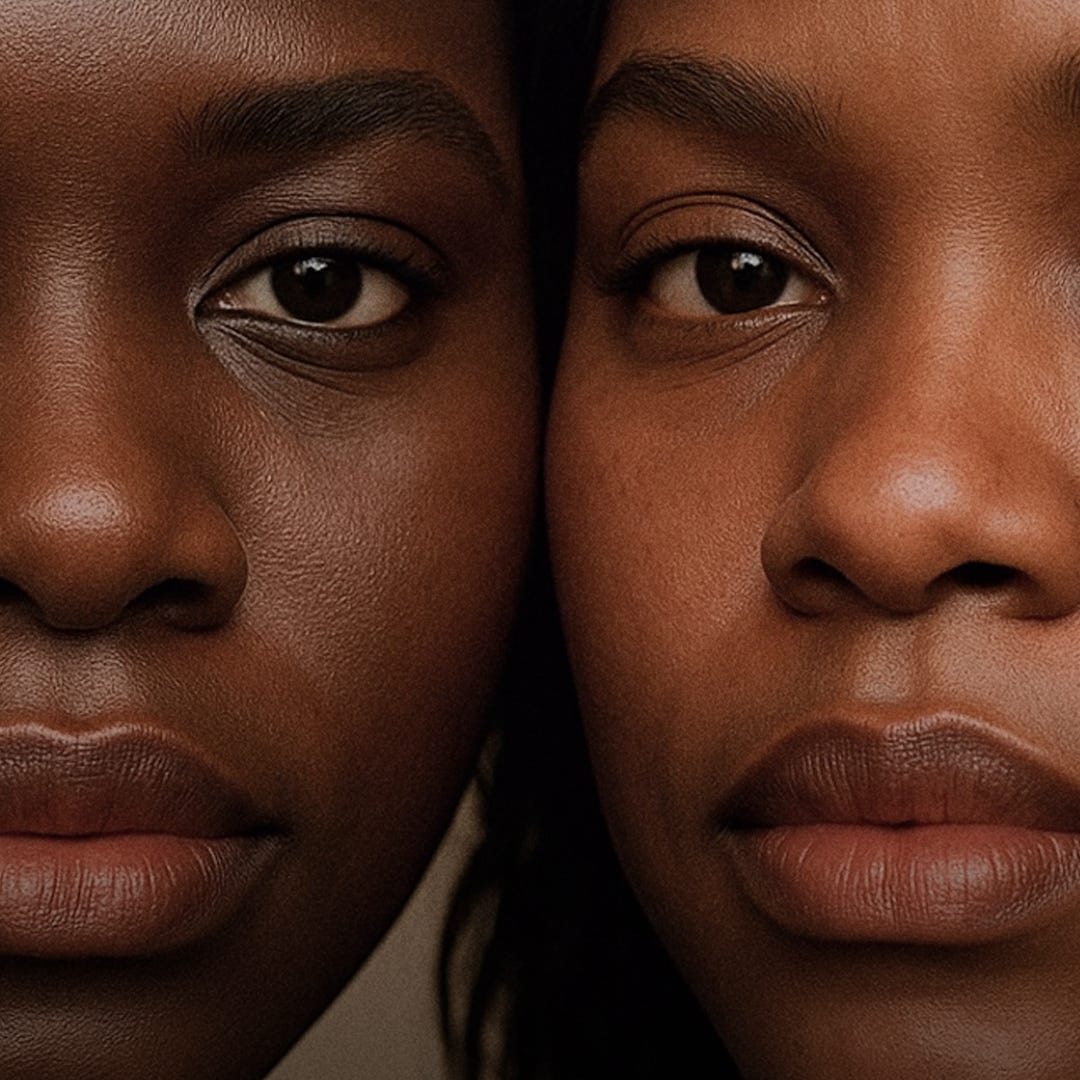Diaspora Wars: Jollof, Jambalaya & the Petty Potluck
Because we can’t build a future while throwing shade at our cousins.
Let’s keep it a stack: Diaspora Wars are exhausting.
What started as valid critiques and cultural clarifications have spiraled into a never-ending cycle of callouts, clapbacks, and bad-faith discourse that too often misses the deeper point. The constant back-and-forth between African Americans, African immigrants, and Caribbean folks on social media can feel like a fight for who gets to be "the realest," but more often than not, it ends in fracture.
Let’s make something clear: making distinctions is not inherently divisive.
When Black Americans draw lines around lineage—particularly in movements like ADOS and FBA—it is not always about superiority. Often, it’s about political precision. If reparations are ever to be a real conversation in this country, specificity matters. Just like Native nations delineate tribal membership for sovereignty and redress, Black Americans have the right to define what has been inherited: both the trauma and the cultural brilliance born of U.S. chattel slavery.
It’s also about identity. For a people who had language, lineage, and location stolen, the search for clarity is a form of resistance. It’s not anti-African or anti-Caribbean to say: this is ours. This blues. This vernacular. This protest tradition. This joy in the face of terror.
That said—and here’s where we need to speak plain but stay grounded—some of y’all are doing too much.
Weaponizing lineage to delegitimize or demean others in the diaspora isn’t strategy; it’s ego in liberation drag. It mimics the same exclusion we claim to be fighting. And it ignores how the system loves to reward those divisions.
We have to remember: African and Caribbean immigrants didn’t position themselves as "model minorities." That was structural. They were often granted entry to the U.S. because they were seen as different from, and less threatening than, Black Americans who had a centuries-long legacy of resistance. They were offered a deal many didn't realize they were signing: acceptance in exchange for silence about racism—or worse, complicity.
Meanwhile, Black American culture—our music, our slang, our aesthetic, our labor—has been exported, monetized, and rebranded by everyone but us. So when people from across the diaspora show up inside that culture without context or respect, yes, tensions will rise. But let’s be clear: the real theft is coming from the top.
The stakes are too high to keep swinging at each other while the system eats our inheritance.
The fight is not your cousin from Ghana, or your friend whose family came from Trinidad. The fight is the system that taught you to see them as a threat. The fight is the platform that boosts drama over dialogue. The fight is the industry that uses our pain as profit.
So yes, let’s keep making distinctions. Let’s be rigorous in our history and rooted in our specificity. But let’s also aim our fire outward, not inward.
Solidarity is not always kumbaya. Sometimes it looks like disagreement with discipline. But if we want power—not just representation, not just vibes, but power that lasts—we can’t afford to mistake our reflections for our enemies.



